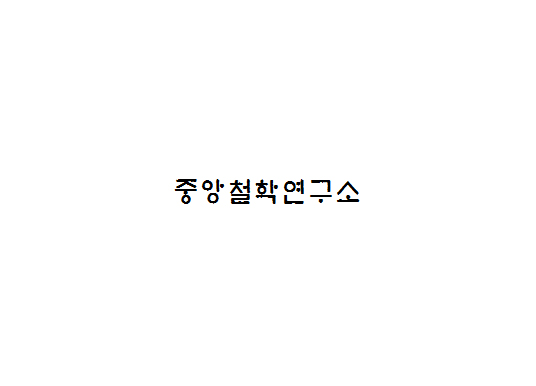『春秋左傳』에 내재한 ‘德’의 함의 연구 ―전쟁·정치와의 관계를 중심으로―
Study on the implications of virtue embedded in the 『Zuo’s Commentary on the Spring and Autumn Annals』: Focusing on the Relationship with War and Politics
춘추시대 전쟁의 규모가 점차 확대되고 양상의 변화하면서 백성들이 참전하게 되자, 승리를 위한 조건으로 백성들의 지지가 중시되었다. 그러므로 통치자는 전쟁을 벌이기 전에 자신의 德에 대해 반성하고 덕을 베풀어 백성을 화합하고 민심을 얻어야 승리를 기대할 수 있었다. 평상시의 정치에 있어 통치자에게는 德과 더불어 힘(武力)이 요구된다. 통치자가 지닌 강력한 힘을 통해 다른 大國의 전쟁 도발을 억제하고, 德으로 小國을 회유하여 천하의 안정을 도모할 수 있다. 그리고 恤民·撫民의 정신을 바탕으로 덕으로 백성을 다스리는 德政을 펼쳐야 한다. 德政의 구체적인 방안으로는 백성을 교화하여 그들의 덕을 바르게 하는 正德을 중심으로, 사용하는 도구를 편리하게 하는 利用, 백성들의 삶의 여건을 넉넉하게 하는 厚生을 들 수 있다. 백성들은 생활의 여건이 일정 정도 충족되면 내면의 德에 대한 반성과 교화를 통해 자신의 행동 준칙을 깨닫게 된다. 그러므로 평시에는 여러 덕목을 실천하고, 전시에는 목숨을 바쳐 싸울 수 있게 된다. 이것이 백성들의 ‘立德’이라고 할 수 있다. 덕정을 베풀어 백성을 화합하고 지지를 얻어 전쟁에서 승리하며, 백성의 삶을 넉넉하게 하여 행동의 준칙을 깨닫게 하는 것이 바로 통치자의 ‘立德’이라고 할 수 있다. 이 두 가지 ‘立德’은 그 의미가 오늘날에도 여전히 유효하고 아울러 요청된다고 할 수 있다.
The purpose of this paper is to study the relationship between virtue, war, and politics, focusing on the 『Zuo’s Commentary on the Spring and Autumn Annals』. During the Spring and Autumn period, wars occurred incessantly. The ruler had to gain the support of the subjects in order to hope for victory in war. The ruler had to bestow virtue upon the subjects in order to gain their support. The ruler must possess both military strength and virtue. The ruler should regularly practice benevolent administration toward the subjects. When the economic conditions of life are met, the subjects can also realize their own virtues. Through the understanding of virtue, the people can also realize their own code of conduct.
중앙대학교 중앙철학연구소
단국대학교 철학연구소 연재흠

